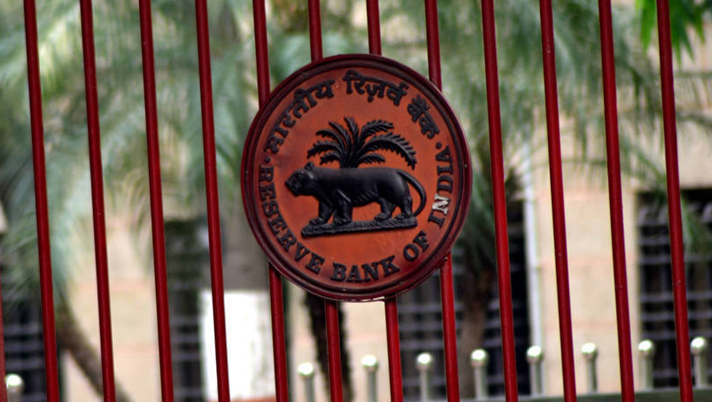Jana Small Finance Bank Eyes Expansion: Application Submitted to RBI for Universal Bank Status

Mumbai, India – In a significant move signaling its ambitions for broader financial services, Jana Small Finance Bank (JSFB) has formally applied to the Reserve Bank of India (RBI) to transition into a universal bank. This application marks a crucial step in the bank's growth strategy and demonstrates its financial stability and robust performance.
The shift from a small finance bank to a universal bank would allow JSFB to offer a wider range of products and services, including corporate and investment banking, alongside its existing retail and microfinance offerings. This expanded scope would enable the bank to cater to a more diverse clientele and participate in larger financial transactions.
A key factor underpinning JSFB's application is its adherence to stringent financial regulations and its consistent strong performance. The bank has successfully met the RBI's key financial criteria for transition, notably maintaining Non-Performing Assets (NPAs) consistently below regulatory thresholds for the past two years. This demonstrates a prudent lending approach and effective risk management practices.
Why This Matters: A Look at the Benefits of Universal Bank Status
Becoming a universal bank carries numerous advantages for JSFB and its customers:
- Expanded Product Portfolio: Access to a wider array of financial products, including trade finance, foreign exchange services, and investment banking solutions.
- Increased Lending Capacity: The ability to lend to larger businesses and participate in more substantial projects.
- Enhanced Customer Base: Serving a broader range of customers, from individual retail clients to large corporations.
- Improved Profitability: Diversified revenue streams and potential for higher earnings.
The RBI's Scrutiny and the Transition Process
The RBI's approval is not guaranteed. The central bank will conduct a thorough assessment of JSFB's application, evaluating its financial health, governance structure, and overall operational capabilities. The transition process typically involves several stages, including:
- Initial Assessment: RBI’s review of the application and supporting documentation.
- Due Diligence: A more in-depth examination of the bank’s operations and financial performance.
- Supervisory Review: Ongoing monitoring and assessment of the bank’s compliance with regulations.
Industry Perspective and Future Outlook
JSFB’s application reflects a broader trend in the Indian banking sector, with several small finance banks seeking to upgrade their licenses to achieve universal bank status. This move is expected to intensify competition within the financial services industry and drive innovation in product offerings. Analysts predict that a successful transition for JSFB would solidify its position as a significant player in the Indian financial landscape, contributing to economic growth and financial inclusion.
The outcome of the RBI's decision will be closely watched by industry stakeholders and investors alike, as it will provide valuable insights into the regulatory environment and the evolving dynamics of the Indian banking sector.






